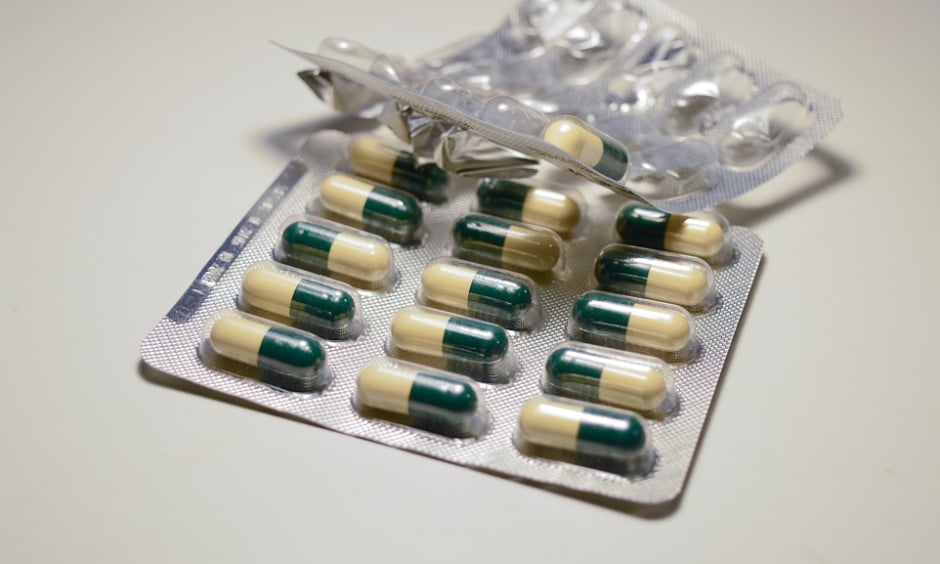DEVELOPMENT of new forms of antibiotics to combat various bacterial infections could be on the horizon following a study uncovering the ways in which a specific protein eliminates the hospital bacterium Pseudomonas aeruginosa. The study, from KU Leuven, Leuven, Belgium, provides fresh insights into how protein antibiotics could be used to help overcome the growing issue of antibiotic resistance.
Protein Antibiotics
Protein antibiotics is an area of interest to scientists seeking new methods of treating bacterial infections. The protein LIpA bacteriocin has already been shown to be highly effective in eliminating Pseudomonas aeruginosa, a hospital bacterium that can be deadly for patients with burn wounds or cystic fibrosis and that is resistant to many currently used antibiotics. The team therefore sought to determine exactly how the protein was able to destroy this species of bacteria.
Targeting BamA
They discovered that the LIpA protein targets another protein called BamA in the outer wall of the bacterial cells, binding to BamA and thereby shutting it down. Without the BamA protein, which is involved in the maintenance of the bacterial cell wall, Pseudomonas aeruginosa is unable to survive. Using this protein antibiotic was additionally displayed to be more effective than traditional antibiotics because it has a sole target, leaving harmless organisms unaffected.
Sniper Technique
“They’re similar to snipers, whereas traditional antibiotics are more like cluster bombs,” commented Dr Maarten Ghequire, KU Leuven. “Traditional antibiotics are effective against many bacteria but they also kill a lot of harmless organisms. That may lead to other infections. Unlike standard antibiotics, LIpA proteins don’t even need to get inside the bacteria; they recognise their target and then sabotage it from the outside.”
Further Study
The authors believe the findings could provide the basis for the development of antibiotic cocktails that can combat all forms of pathogenic Pseudomonas. They are now planning further research to better understand the effects of the LIpA protein, which is required before it can be used as an antibiotic in patients.
James Coker, Reporter
For the source and further information about the study, click here.








